Nobel Peace Prize winner Malala Yousafzai called on the world Sunday to remember the Nigerian schoolgirls who were abducted by the militant group Boko Haram last year and remain missing 300 days later.
“Nigerian leaders and the international community can and must do much more to resolve this crisis and change their weak response to date,” Malala said in a statement marking 300 days since the Chibok schoolgirls were captured. “If these girls were the children of politically or financially powerful parents, much more would be done to free them. But they come from an impoverished area of northeast Nigeria and sadly little has changed since they were kidnapped.”
“These young women risked everything to get an education that most of us take for granted,” she continued. “I will not forget my sisters.”
Islamist extremist group Boko Haram kidnapped 276 schoolgirls from a school in northeast Nigeria last April, triggering global outrage expressed through the #BringBackOurGirls campaign. Although a few girls managed to escape during the kidnapping, the vast majority of the schoolgirls remain missing. Women who have escaped Boko Haram tell of the brutalities they experienced at the hands of the militants, including forced marriage and being sold into sex slavery.
See Malala's Life In Photos
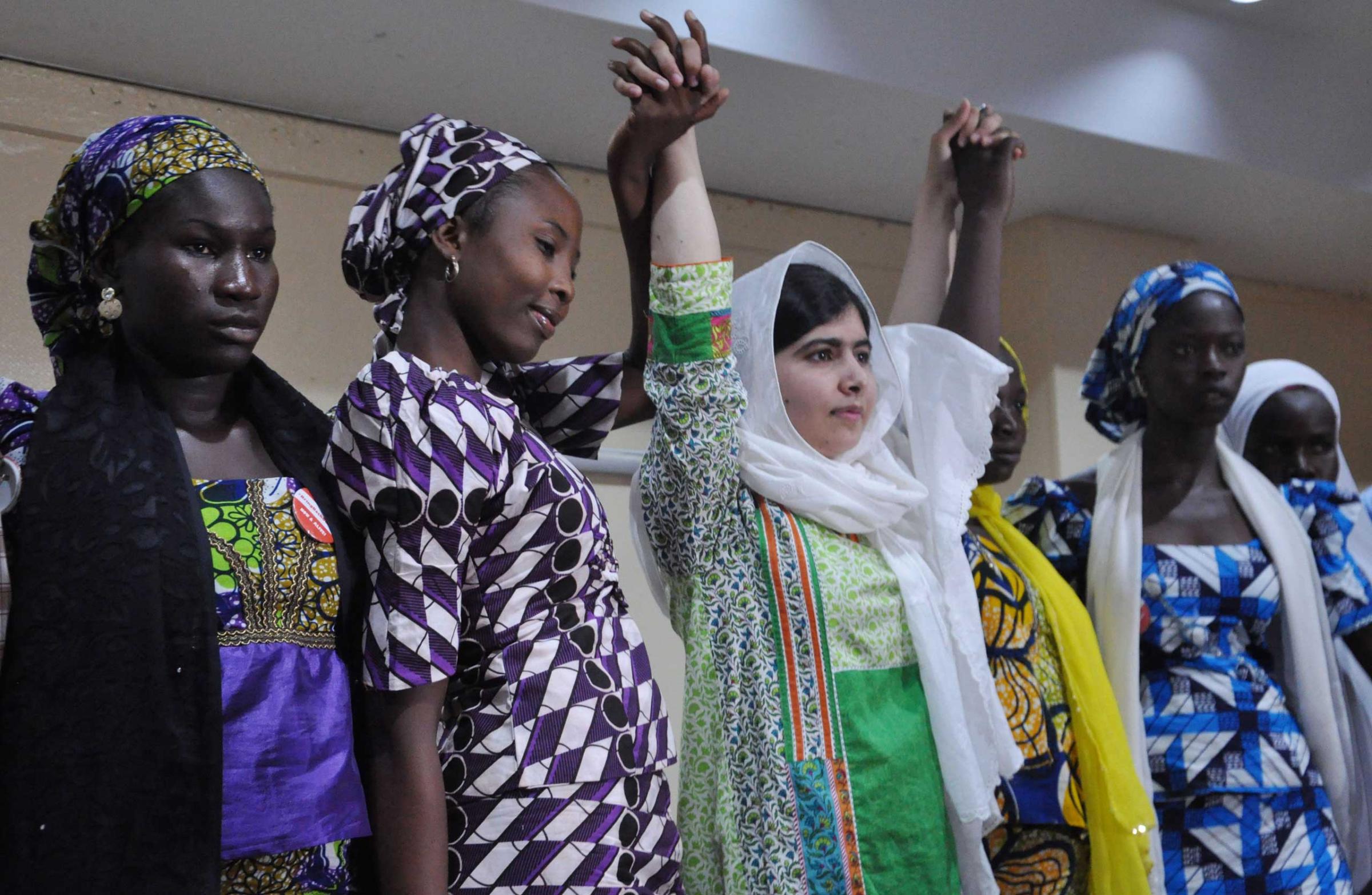
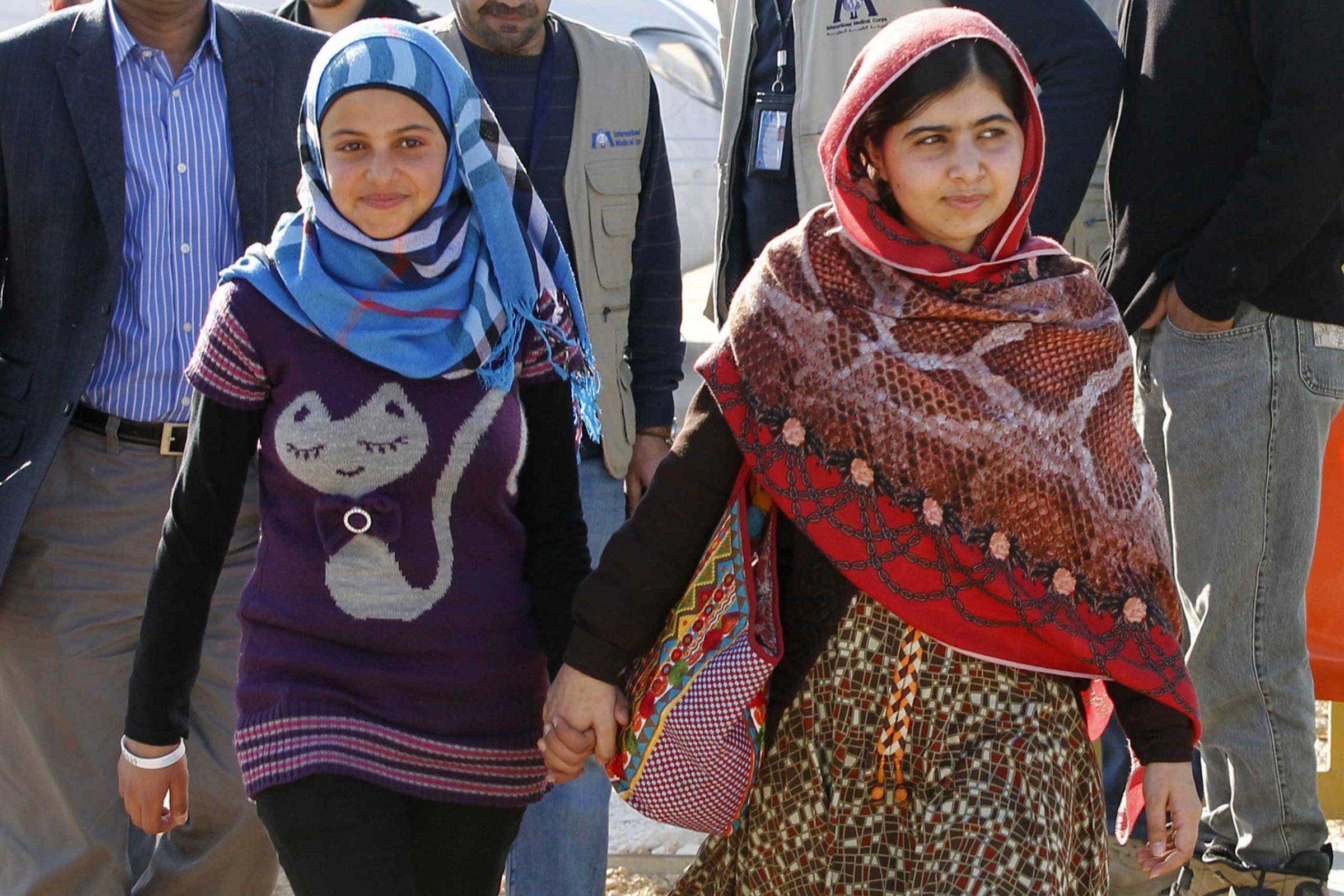
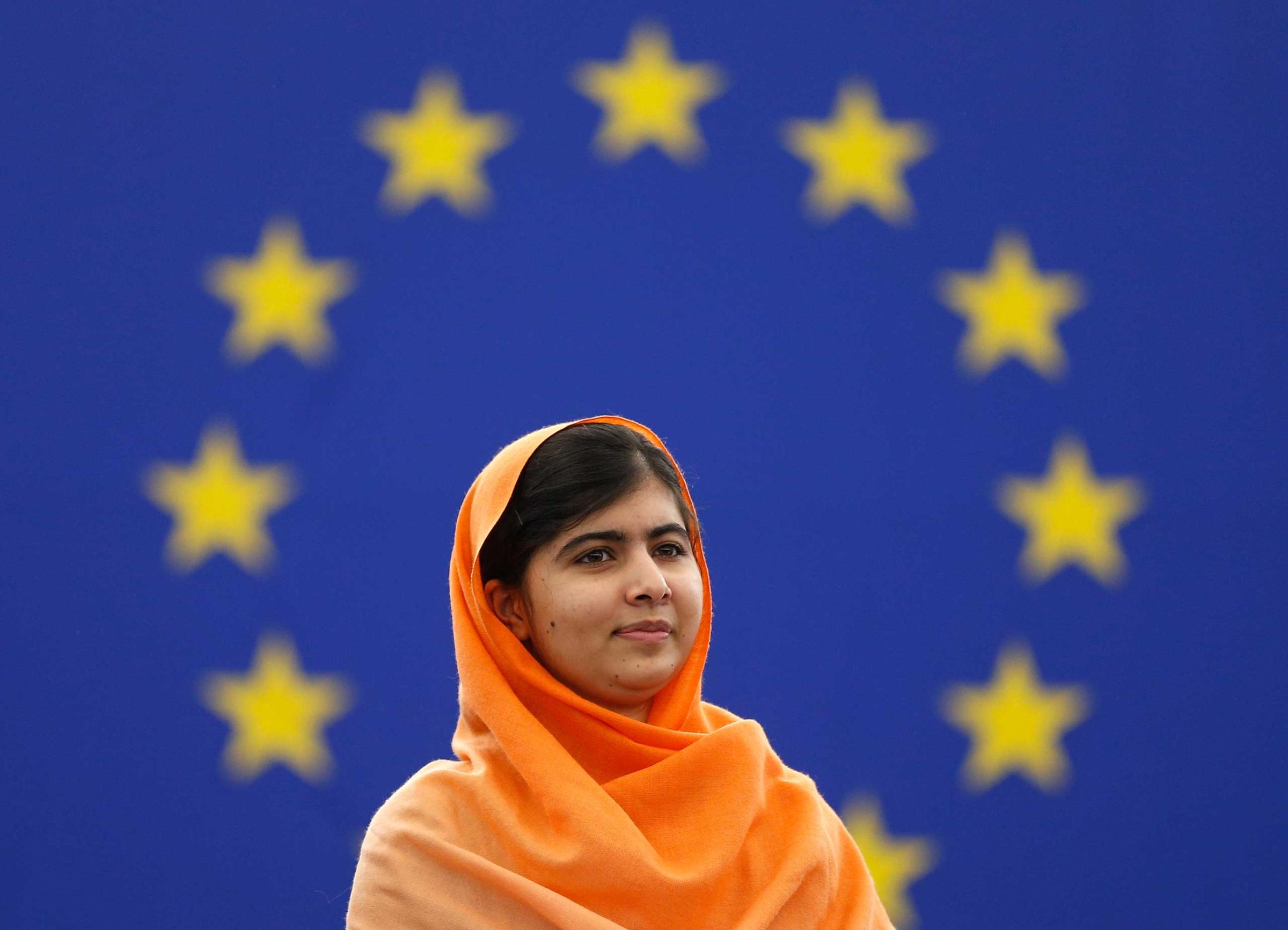
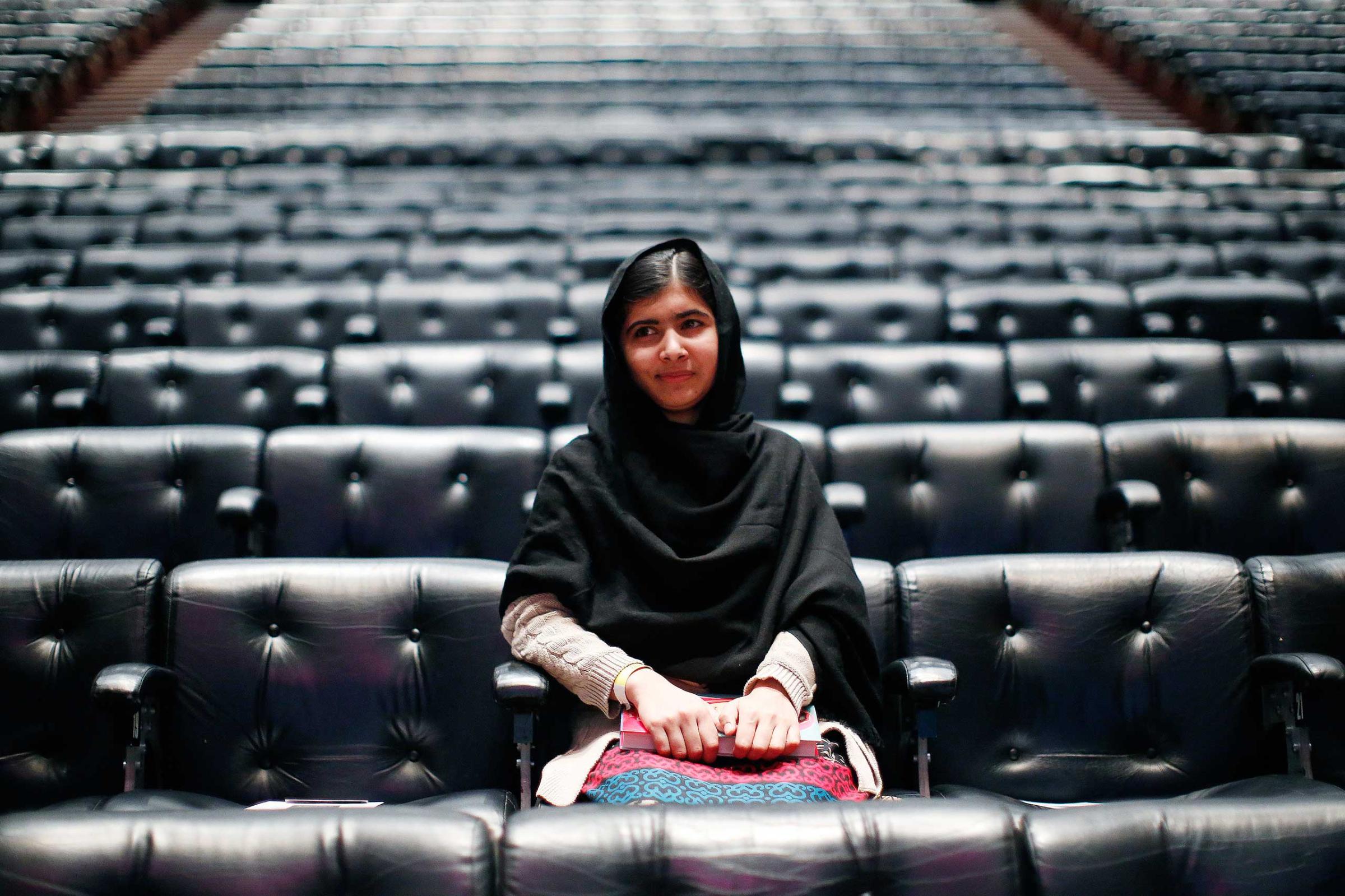
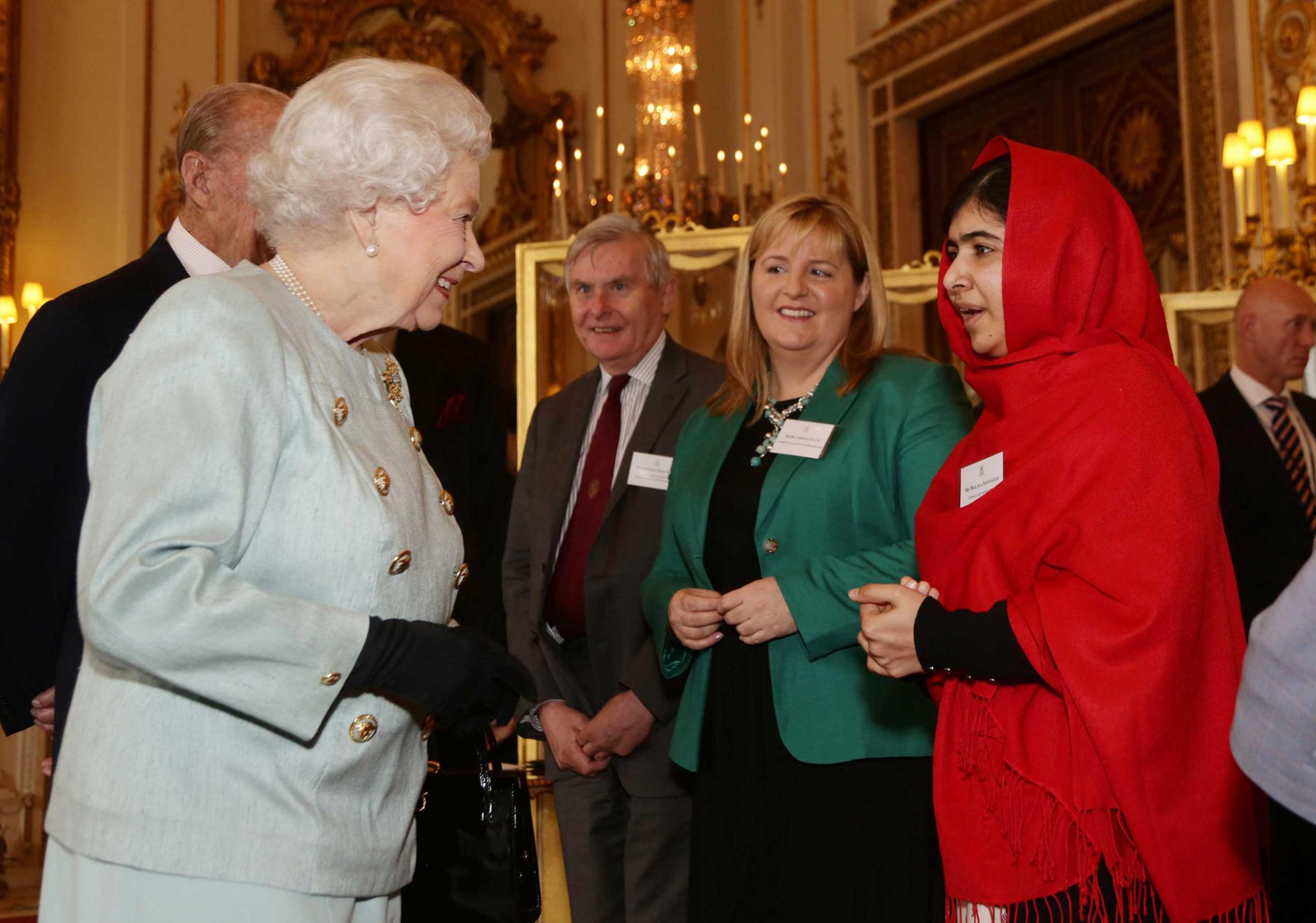
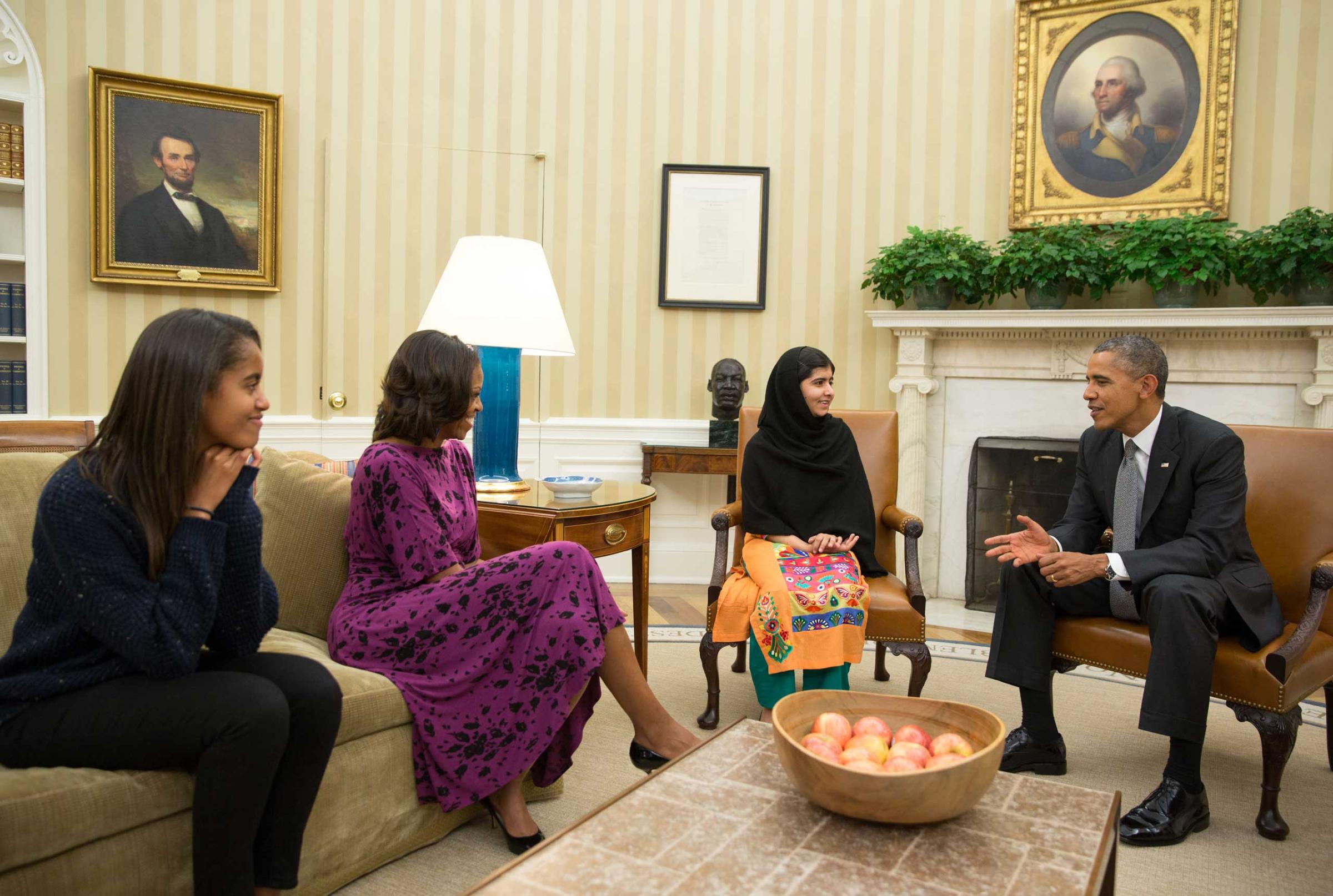
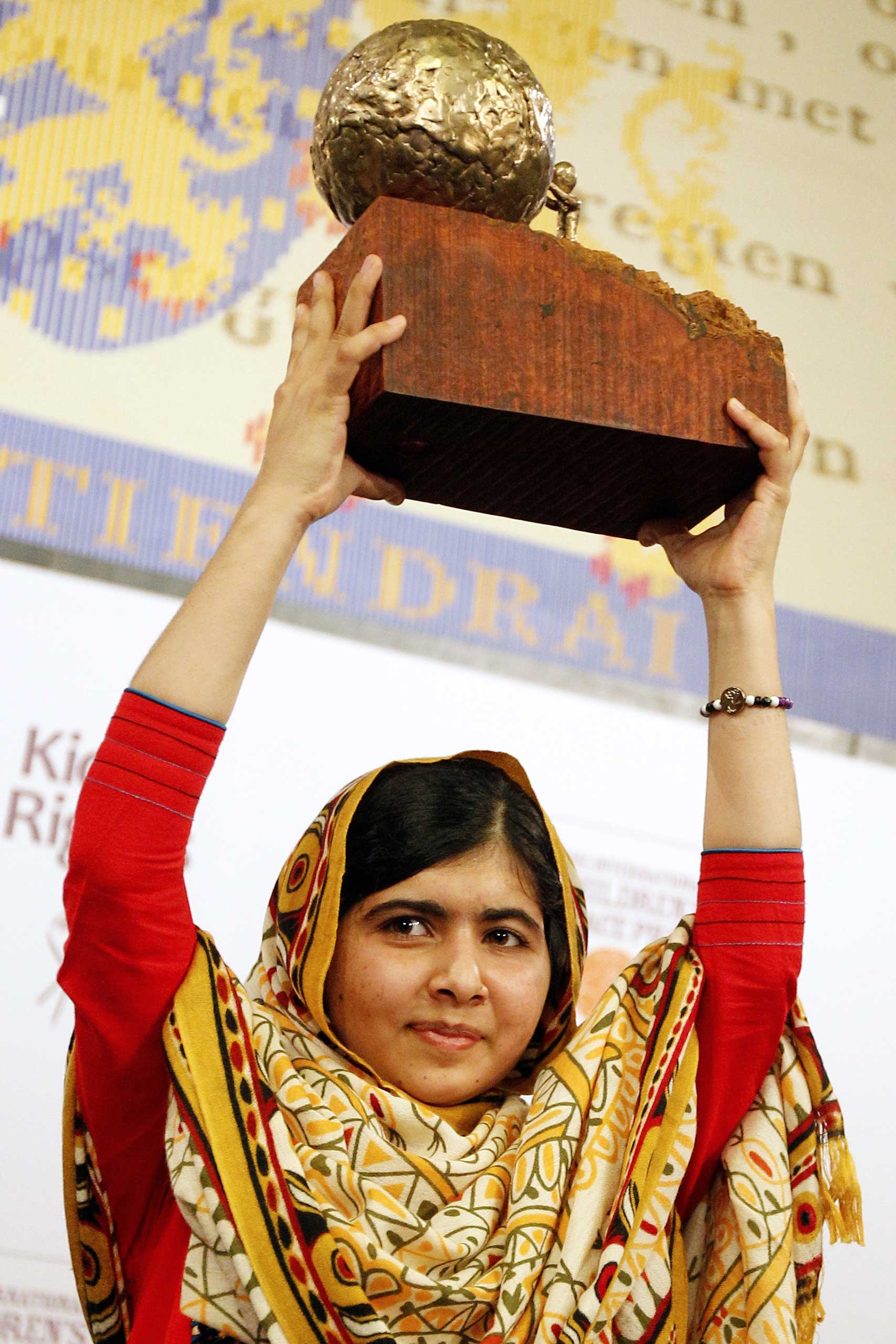
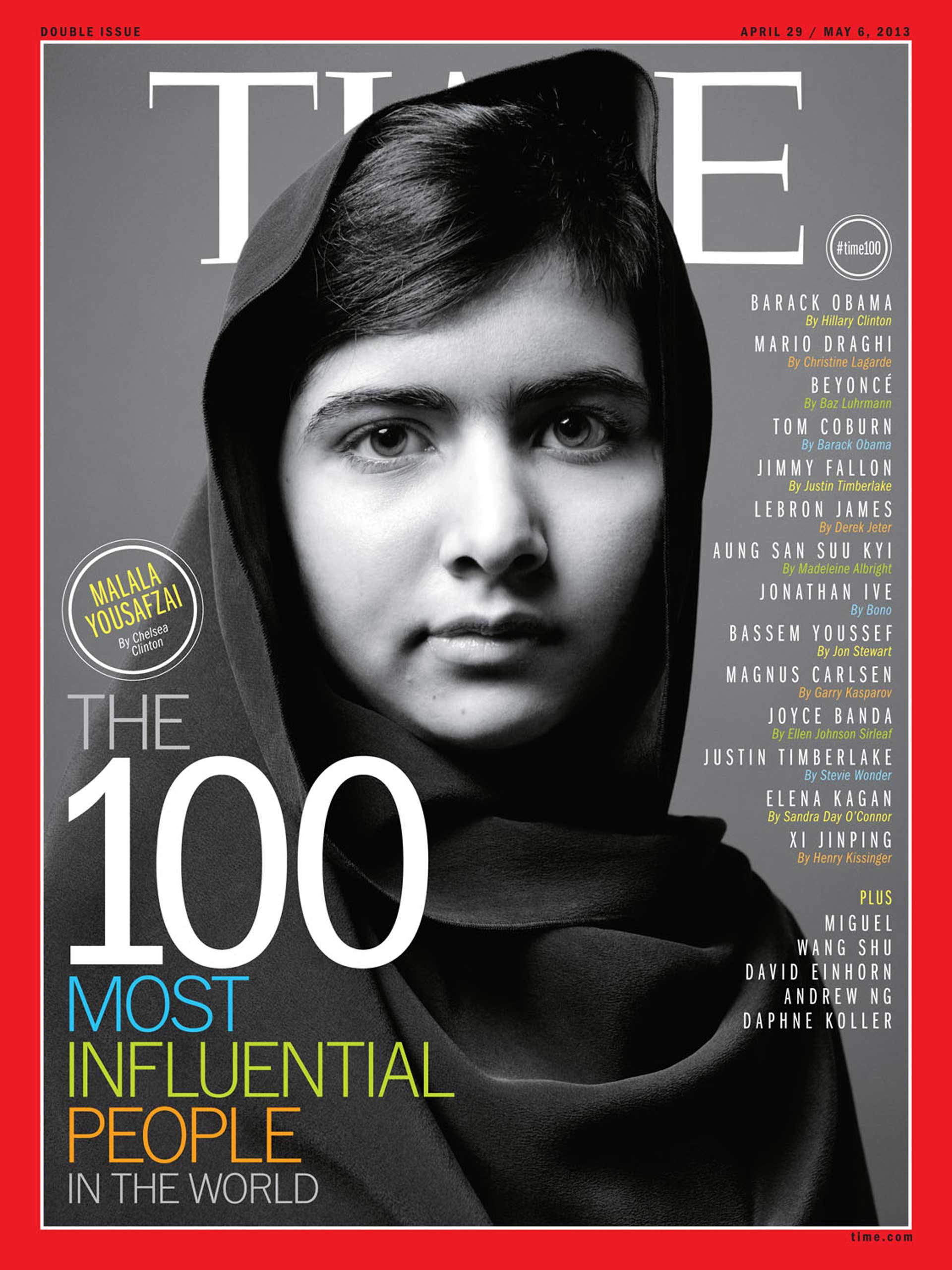
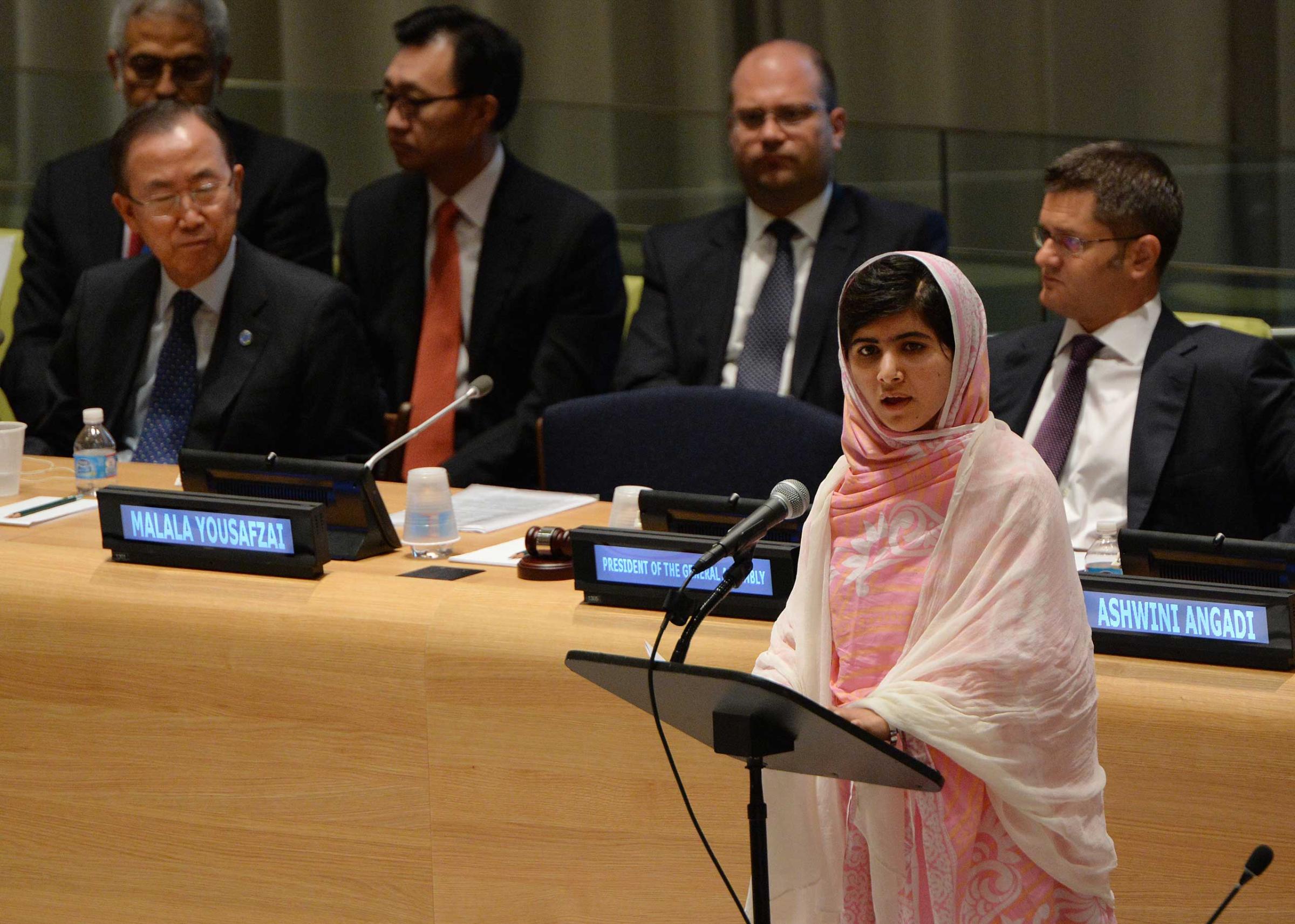
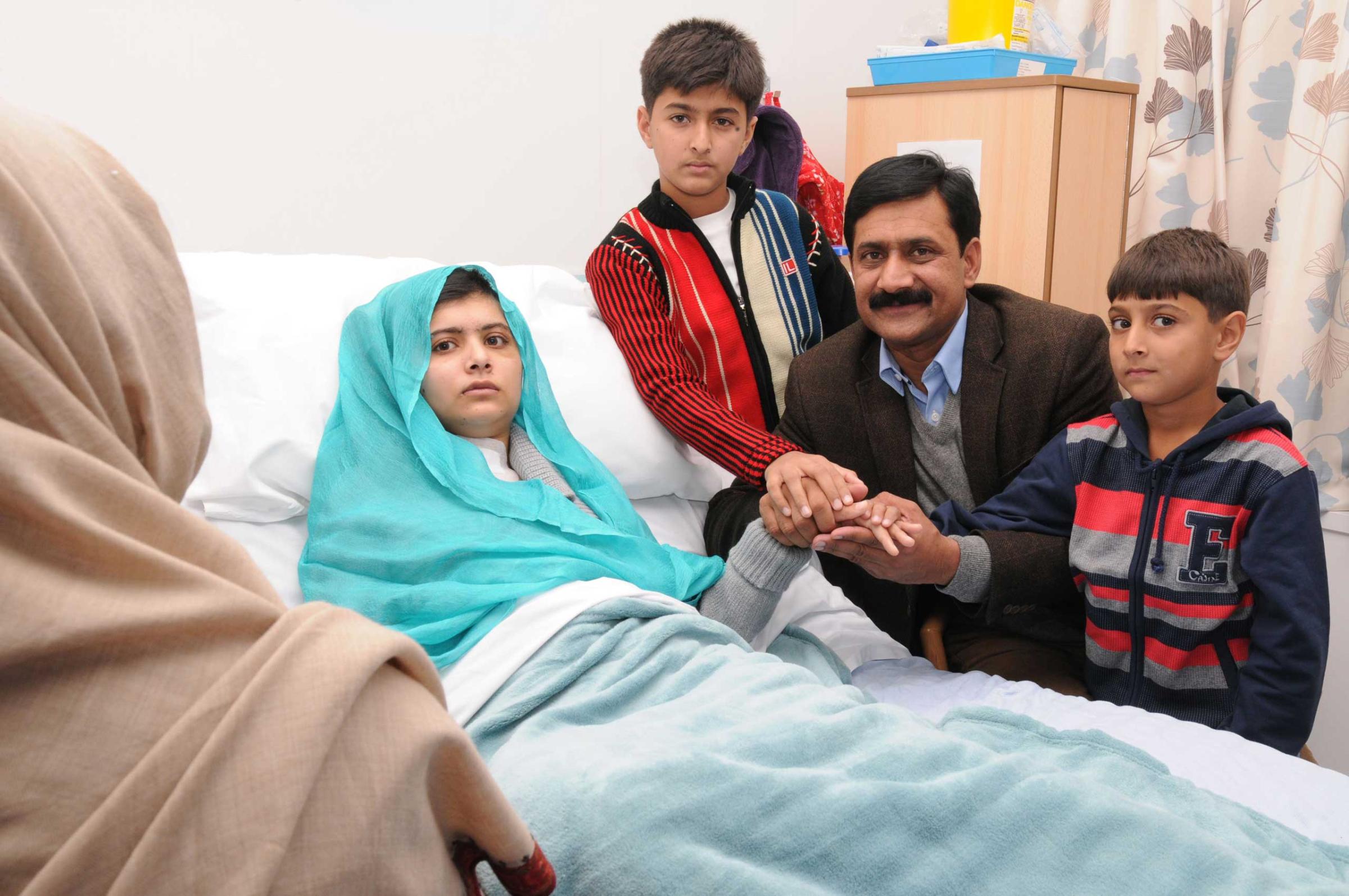
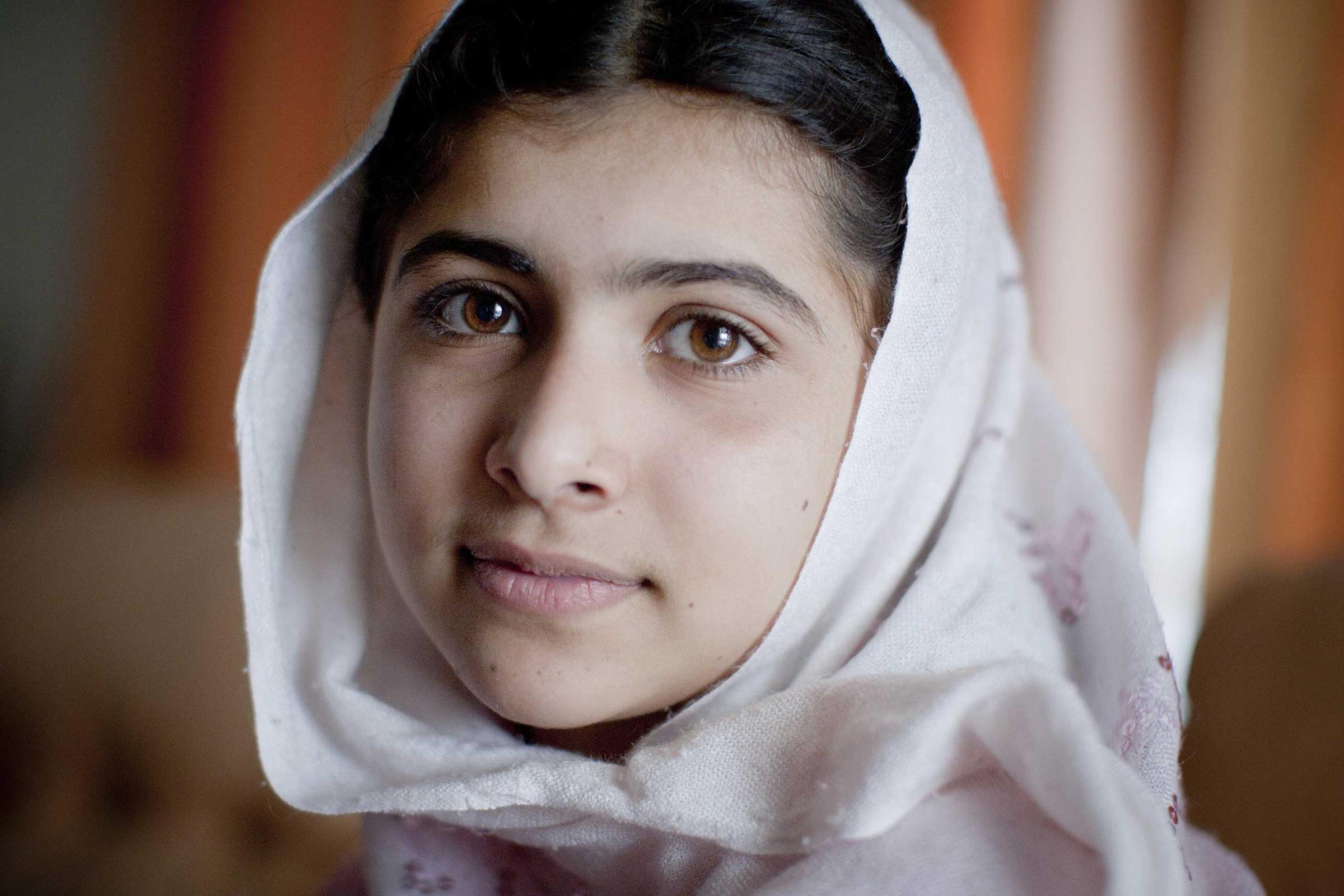
Boko Haram leader Abubakar Shekau released a video last May taking responsibility for the abduction and saying that he would “sell them on the market.”
The 300-day anniversary coincides with the upcoming Nigerian presidential elections, which are increasingly threatened by the Boko Haram insurgency. This week, the government announced they would delay the elections because of instability in the northeast part of the country, largely controlled by Boko Haram.
“Politicians now running for office for next week’s elections should not only demonstrate their empathy but finally take some responsibility for this tragedy,” Malala said. “The leaders of Nigeria should commit to work together and make the case of the Chibok girls a priority in their first 100 days in office, as well as the education of every Nigerian child.”
More Must-Reads from TIME
- Caitlin Clark Is TIME's 2024 Athlete of the Year
- Where Trump 2.0 Will Differ From 1.0
- Is Intermittent Fasting Good or Bad for You?
- The 100 Must-Read Books of 2024
- Column: If Optimism Feels Ridiculous Now, Try Hope
- The Future of Climate Action Is Trade Policy
- FX’s Say Nothing Is the Must-Watch Political Thriller of 2024
- Merle Bombardieri Is Helping People Make the Baby Decision
Write to Charlotte Alter at charlotte.alter@time.com